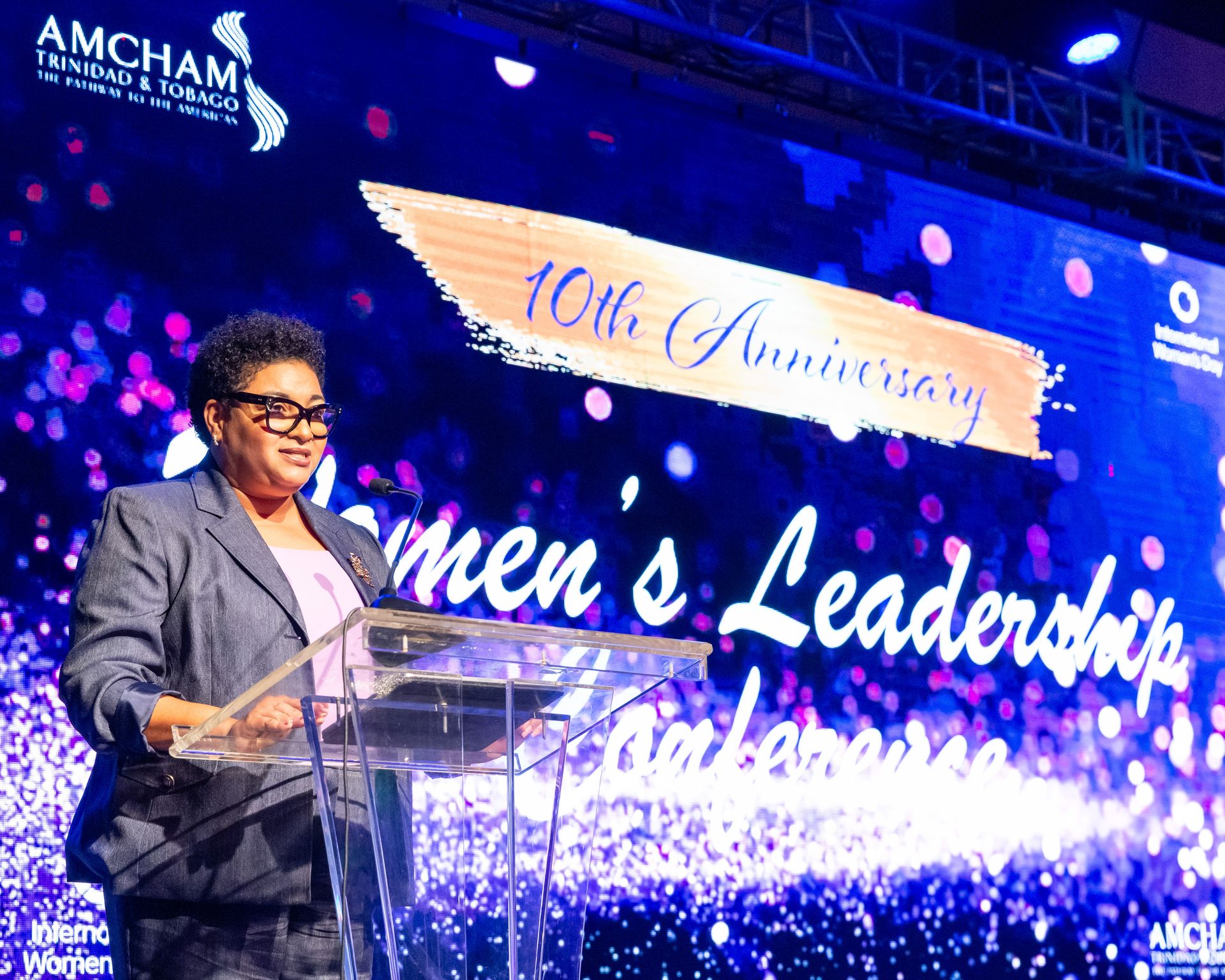
Good morning!
I recently came across a fascinating relic from the 1950s – an excerpt from a Home Economics textbook that outlined tips for looking after one’s husband. According to the piece, ahead of their husbands’ return from work, women were supposed to clean house; sort the children; have meals prepared and waiting and spruce themselves up with ribbons and makeup. Upon his arrival, a wife was expected to keep the children at bay; minimize activities around him; speak in a low, pleasant voice; allow him to talk first; and not complain about anything – his duties were more burdensome.
At first blush, the modern woman may find these recommendations amusing – surely, society has come a long way since then in terms of recasting the role and expectations of women. Right?
In truth, while we have dismantled many of yesterday’s oppressive social structures, others remain - hidden behind rhetoric and tokenism. Women may be free to pursue careers of their own, but they have not been liberated from their domestic obligations – the responsibility of caregiving, for example, has been cited in many societies as a ‘motherhood penalty’ - it forces many working mothers to leave their jobs prematurely.
How different really was the 1950s expectation of a well-groomed wife from present-day demands where women are expected to conform to certain standards of presentation and beauty? Women in many societies may have more voice today, but if globally our C-suites and parliaments remain male-dominated, then on the matters of import, are we not still letting the men talk first? Keeping our ‘noise’ to a minimum?
To be fair, we have made significant progress over the years – for instance, the gender gap is closing where healthcare and education are concerned. We are also seeing more female executives and office-holders – there are many in this room, including our President, Her Excellency Christine Kangaloo. Indeed, across industries, DEI movements are pushing for greater female participation and opportunities at all levels. All great news. But according to the global statistics, we still have a road to travel. Systemic biases, societal expectations, self-imposed barriers still stand between women and true gender parity.
Ladies and gentlemen, gender equality is one of the UN’s Sustainable Development Goals for a reason. It is understood that full and equal participation of women in labour, in government, in society can help us build a more prosperous, healthier and happier world. As an organisation heavily invested in sustainability, NGC is therefore fully supportive of the campaign for greater inclusion of women, and we are proud to be a platinum sponsor of this important conference.
Under this year’s theme of ‘Inspire Inclusion’, we hope to meaningfully interrogate what needs to be done to uplift and empower women in our society, so we can see more female participation and leadership across industries, sectors and skillsets.
Perhaps most importantly, we want to see more females staying and succeeding in the job market. Because our aim should not just be to get women a seat at the table. That seat is no good if it’s uncomfortable to sit in.
I thank AMCHAM for the opportunity to share some words this morning, and I look forward to our conversations today.